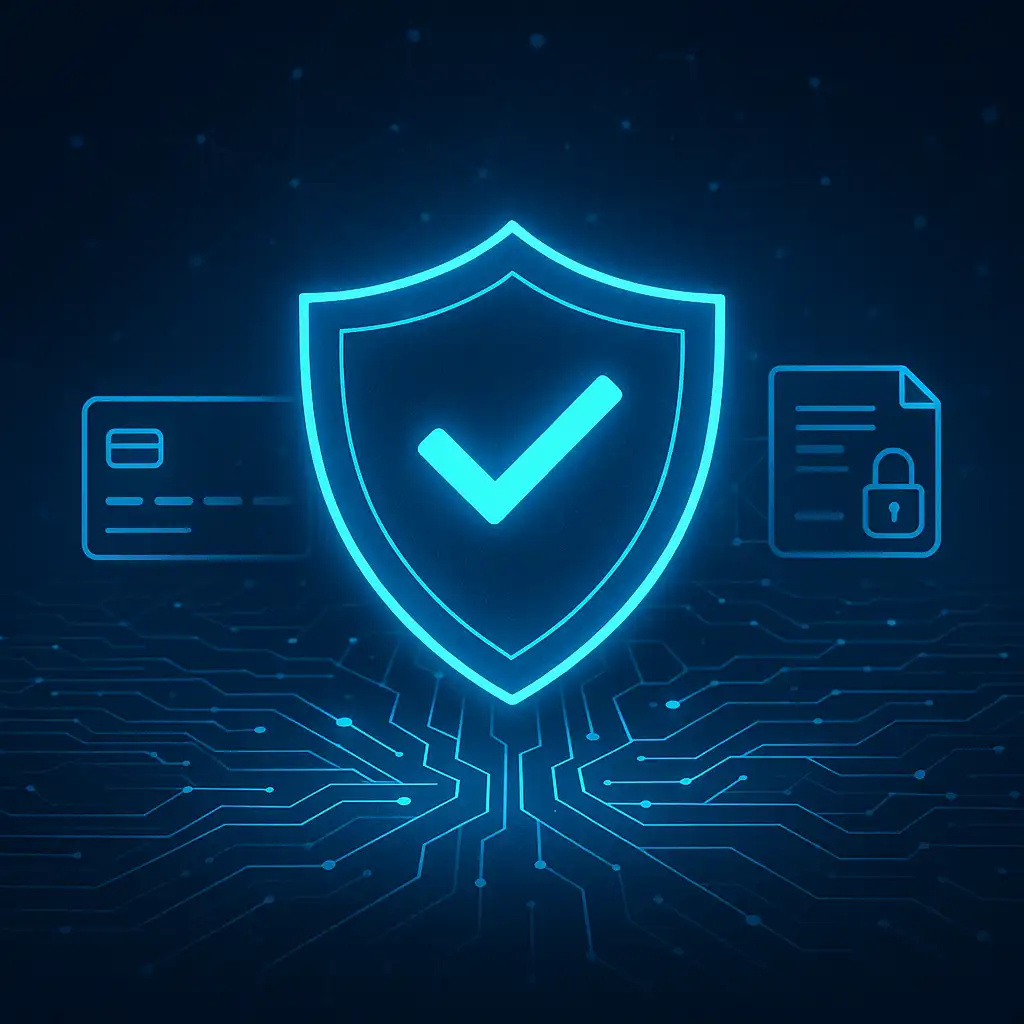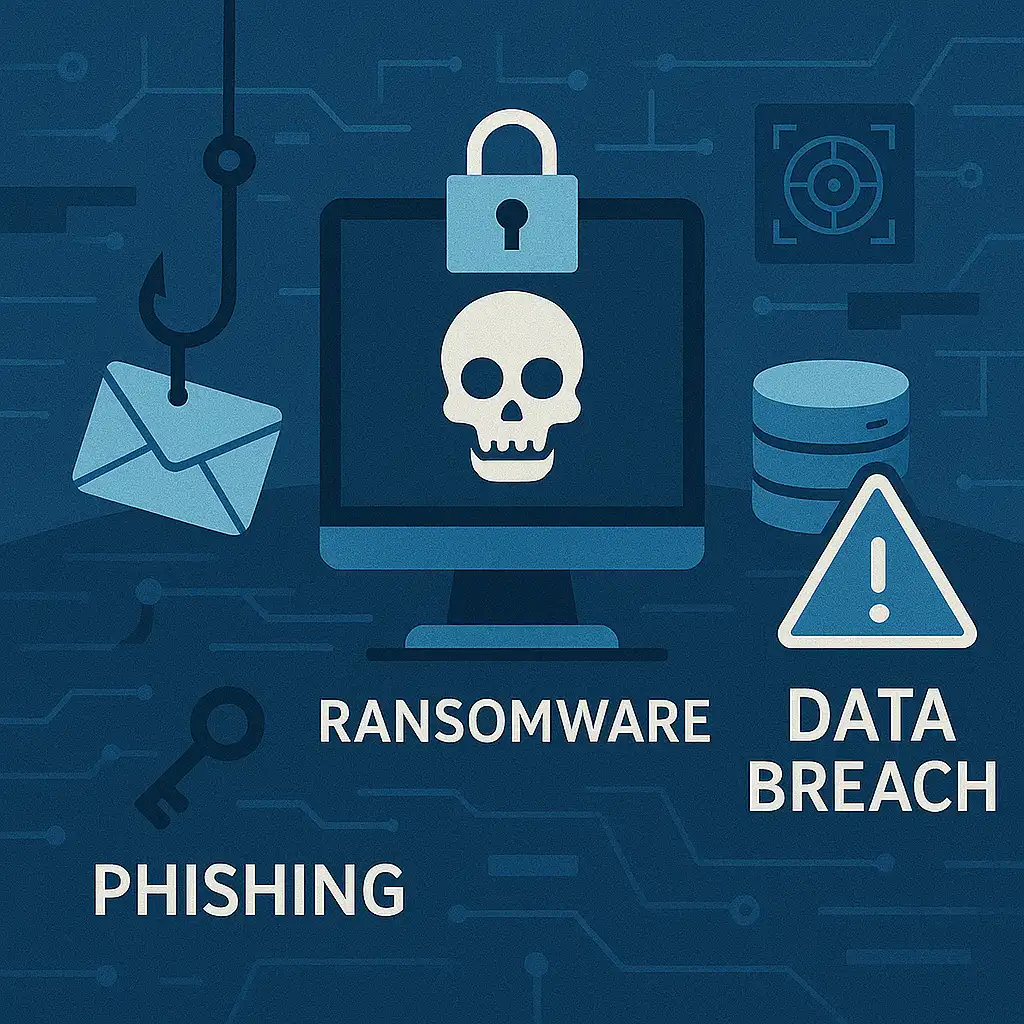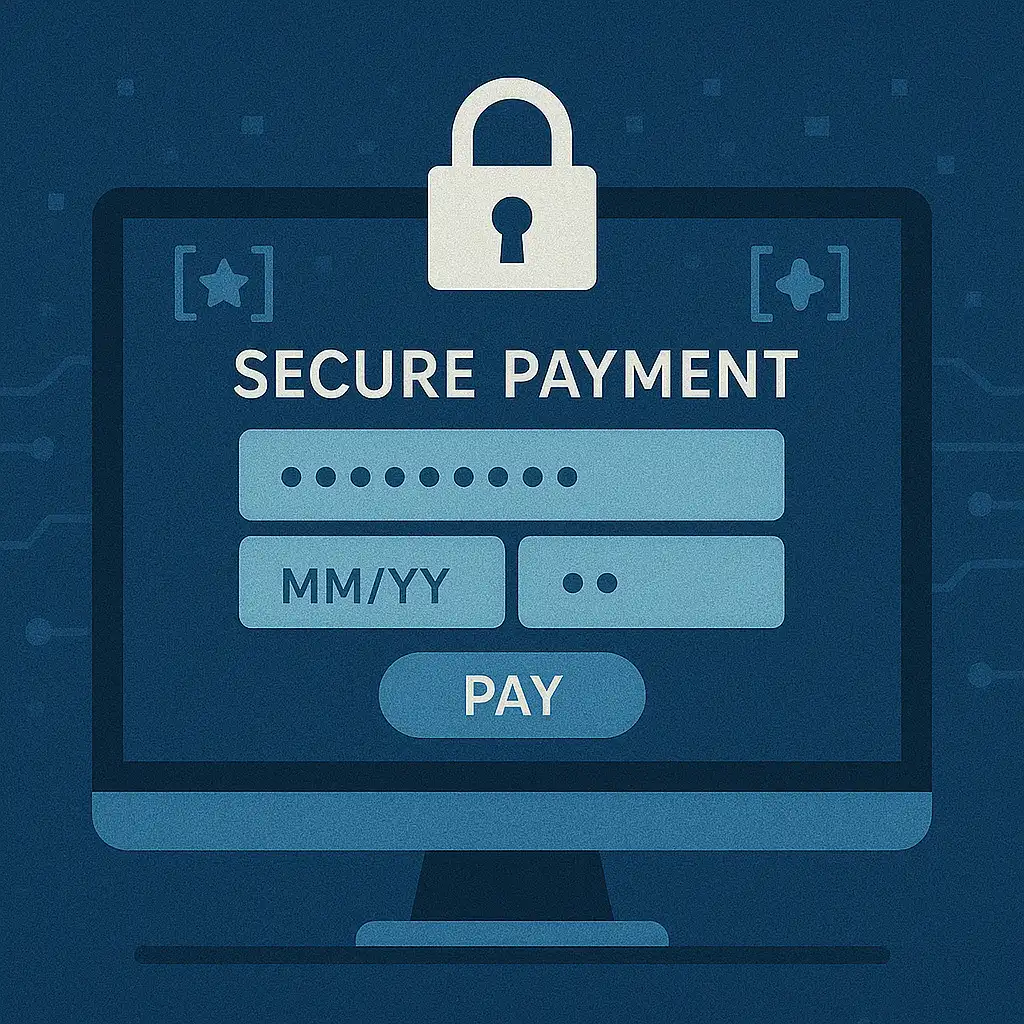
Cybersecurity in the Age of Online Transactions: Protecting Your Business
In a world where customers shop, pay, and interact online more than ever, keeping digital transactions secure isn’t optional—it’s critical. Businesses of all sizes are now targets for cybercriminals looking to exploit vulnerabilities in payment systems, customer databases, and even email inboxes.
Let’s break down the main cybersecurity threats that modern businesses face, and more importantly, what you can do to protect yourself and your customers.
Why Cybersecurity Matters More Than Ever
Digital transactions are fast, convenient, and expected. But with that convenience comes risk—especially when money and sensitive data are involved.
The consequences of a breach can be serious:
- Financial loss from fraud or downtime
- Legal consequences from non-compliance
- Loss of customer trust and reputation damage
If your payment system isn’t secure, you’re not just risking revenue—you’re risking your brand.
Common Threats to Watch For
Cybercriminals are getting smarter. Here are the most common threats businesses should be prepared to defend against:

- Phishing Attacks
Fake emails or messages that trick employees into clicking malicious links or revealing credentials. - Ransomware
Hackers lock access to your systems or data and demand a ransom to restore it. - Data Breaches
Unauthorized access to customer or payment data, often due to weak passwords or outdated systems. - Man-in-the-Middle Attacks
Intercepting information during a transaction—especially over unsecured networks.
Securing Your Payment Systems
If you accept payments online, your checkout process needs to be airtight.
Here’s how to reduce risk:
- Use SSL encryption for all web traffic
- Choose a PCI-compliant payment processor
- Never store sensitive payment data unless absolutely necessary
- Enable two-factor authentication for admin access

Some modern payment platforms handle security for you. Look for services that offer built-in fraud detection and regular security audits.
Educating Your Team
Technology is important—but human error is often the weakest link. Phishing emails and social engineering attacks rely on someone clicking without thinking.
What helps:
- Regular cybersecurity training for all employees
- Clear policies on password usage and device security
- Simulated phishing tests to build awareness
The goal isn’t to turn your team into security experts—but to make safety a shared responsibility.
Ensuring Compliance With Security Standards
Depending on your region and industry, you may need to follow specific regulations like:
- GDPR (General Data Protection Regulation)
- PCI-DSS (Payment Card Industry Data Security Standard)
- SOC 2 for SaaS companies
These frameworks aren’t just legal checkboxes—they guide best practices that genuinely protect your business.
Building Customer Trust Through Transparency
Today’s customers care about how their data is handled. Businesses that are clear and proactive about cybersecurity build deeper trust.
Here’s how:
- Use visible security badges and SSL on your site
- Offer transparent privacy and data protection policies
- Notify customers quickly and honestly if any incident occurs
Even small businesses can build a reputation for security—it just takes consistency and communication.
Staying Resilient in a Digital World
Cyber threats aren’t going away. But with the right tools, habits, and mindset, you can stay ahead of them. Cybersecurity is no longer just an IT task—it’s part of how modern businesses operate and grow with confidence.
Taking small steps today—like updating your software or educating your team—can prevent major issues down the road. And that peace of mind? It’s worth the effort.